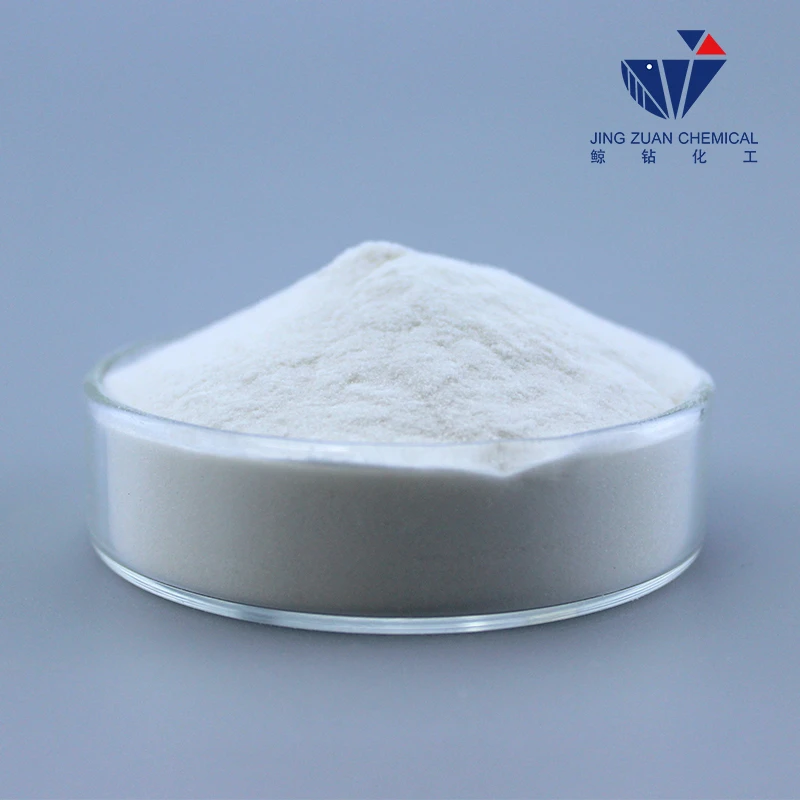
Nov . 24, 2024 10:48 Back to list
Applications and Benefits of Hydroxyethylcellulose in Various Industries
The Versatile Uses of Hydroxyethylcellulose A Comprehensive Overview
Hydroxyethylcellulose (HEC) is a non-ionic, water-soluble polymer derived from cellulose, a natural polymer abundant in plant cell walls. This versatile compound has gained significant attention in various industries due to its unique properties, including thickening, gelling, and film-forming abilities. Its applications span across numerous sectors, from pharmaceuticals to cosmetics, food products to construction materials. In this article, we will explore the diverse uses of hydroxyethylcellulose and its importance in modern formulations.
1. Pharmaceutical Uses
In the pharmaceutical industry, hydroxyethylcellulose is widely utilized as a thickener and stabilizer in liquid formulations such as oral suspensions, solutions, and emulsions. Its ability to enhance the viscosity of formulations aids in improving the bioavailability of active ingredients. HEC also plays a crucial role in the formulation of controlled-release drug delivery systems. By modifying the viscosity of the medium, HEC helps in regulating the release rate of drugs, ensuring a consistent and prolonged therapeutic effect.
Furthermore, hydroxyethylcellulose is used in ophthalmic formulations, such as eye drops, where it assists in moisturizing the surface of the eyes
. Its biocompatibility and low irritation potential make it an ideal choice for sensitive applications, providing comfort while delivering therapeutic agents.2. Cosmetic and Personal Care Products
HEC is a staple in the cosmetics and personal care industry, where its thickening properties enhance the texture and stability of various products. It is commonly found in creams, lotions, gels, and shampoos. The addition of hydroxyethylcellulose not only improves the product's consistency but also contributes to a pleasant sensory experience for consumers.
In hair care formulations, HEC aids in improving the emulsification and dispersion of ingredients, ensuring uniform distribution. It also enhances the overall performance of styling products by providing hold without compromising flexibility. Additionally, HEC is often used in skin care applications for its hydrating properties, forming a protective barrier on the skin that helps to retain moisture.
3. Food and Beverage Industry
hydroxyethylcellulose uses

Hydroxyethylcellulose has found its way into the food industry as a clean-label thickening and stabilizing agent. It is used in sauces, dressings, and dairy products to achieve the desired texture and prevent ingredient separation. HEC's ability to bind water also contributes to improved mouthfeel in food products, enhancing the overall sensory experience for consumers.
As a food additive, HEC is considered safe and is approved for use in various countries. Its versatility allows it to be employed in a myriad of applications, including gluten-free formulations, where it can replicate the texture provided by gluten, thus assisting those with dietary restrictions.
4. Construction Industry
Hydroxyethylcellulose plays a vital role in the construction industry, particularly in cement and mortar formulations. It acts as a water-retaining agent, improving the workability and adhesion of building materials. By enhancing the viscosity of the mix, HEC allows for better control over application and reduces the likelihood of dust formation.
Additionally, HEC’s ability to control the flow of water and modify the setting time of cement-based products contributes to improved durability and performance of construction materials. Its use in tile adhesives, grouts, and repair mortars demonstrates its importance in modern construction techniques.
5. Agricultural Applications
In agriculture, hydroxyethylcellulose is used in various formulations, including fertilizers and pesticides. It serves as a stabilizing agent, improving the effectiveness and longevity of these products by enhancing adhesion to plant surfaces and reducing runoff. By optimizing the delivery of active ingredients, HEC contributes to more efficient agricultural practices, ensuring that crops receive the necessary nutrients and protections while minimizing environmental impact.
Conclusion
Hydroxyethylcellulose is a multifaceted compound with a wide range of applications across diverse industries. Its unique properties as a thickener, stabilizer, and emulsifier make it invaluable in pharmaceuticals, cosmetics, food production, construction, and agriculture. As industries evolve and seek sustainable and effective solutions, the importance of hydroxyethylcellulose will likely continue to grow, solidifying its position as a key ingredient in modern formulations. With ongoing research and innovation, the potential uses of HEC may expand even further, unlocking new possibilities for its application in various fields.
-
Versatile Hpmc Uses in Different Industries
NewsJun.19,2025
-
Redispersible Powder's Role in Enhancing Durability of Construction Products
NewsJun.19,2025
-
Hydroxyethyl Cellulose Applications Driving Green Industrial Processes
NewsJun.19,2025
-
Exploring Different Redispersible Polymer Powder
NewsJun.19,2025
-
Choosing the Right Mortar Bonding Agent
NewsJun.19,2025
-
Applications and Significance of China Hpmc in Modern Industries
NewsJun.19,2025







